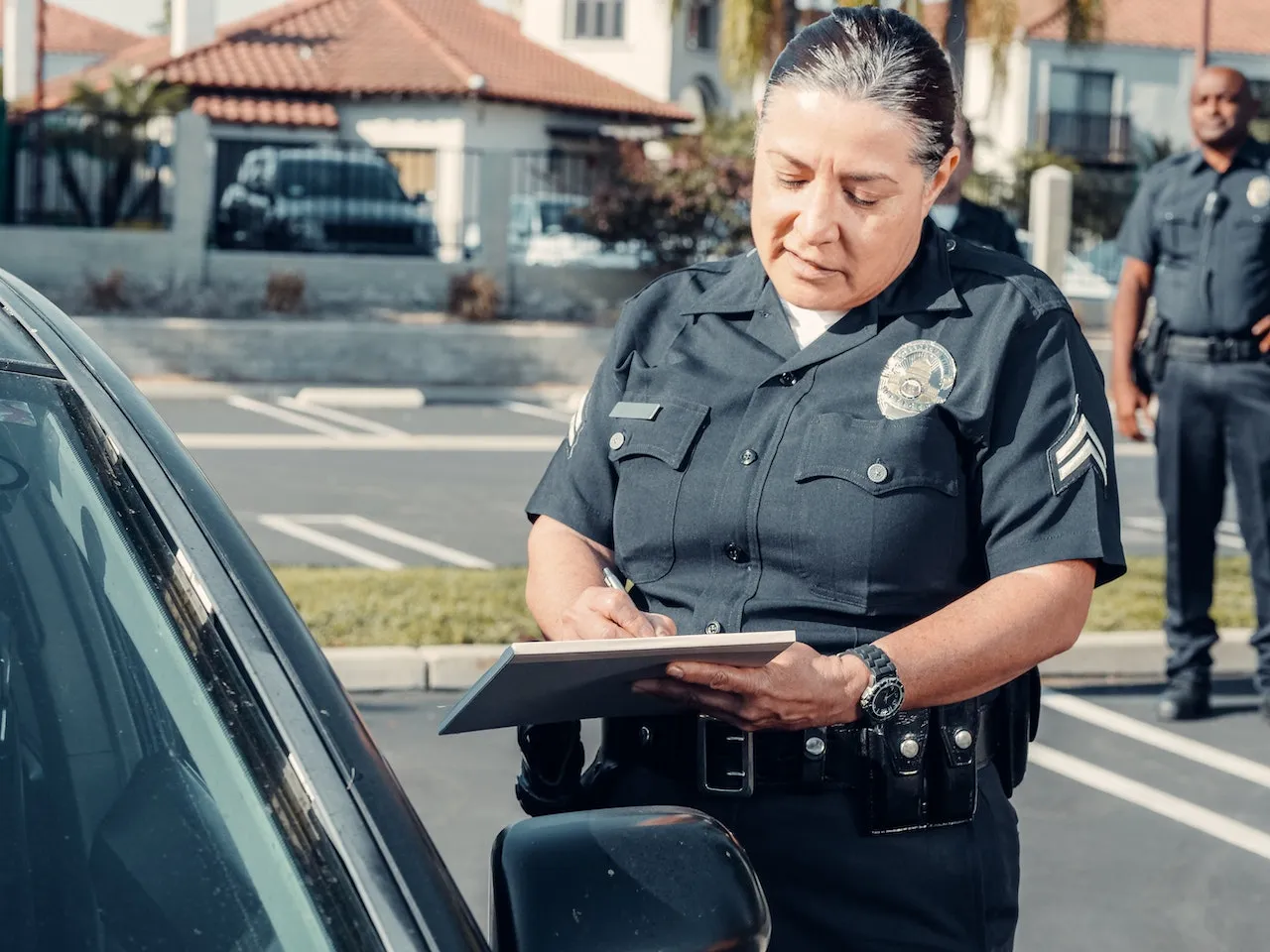Will Florida Extradite For A Probation Violation?
Having an outstanding probation violation warrant in another state can be stressful and scary. Naturally, you may wonder if Florida will extradite you back to face charges. This is an important question with serious implications.
If you’re short on time, here’s a quick answer: In most cases, yes, Florida will extradite individuals accused of violating probation to the demanding state.
In this comprehensive guide, we will analyze Florida’s extradition laws and policies regarding out-of-state probation violations. We will look at key factors like whether the violation is a misdemeanor or felony, if you waived extradition, and what steps you can take to avoid extradition.
Florida’s Extradition Laws for Probation Violations
When it comes to probation violations, Florida takes them seriously. If an individual on probation in Florida violates the terms of their probation and flees to another state, Florida has the authority to extradite them back to the state to face the consequences of their actions.
Let’s take a closer look at Florida’s extradition laws for probation violations.
Extradition clause in Interstate Compact for Adult Offender Supervision
Florida is a member of the Interstate Compact for Adult Offender Supervision (ICAOS), which is an agreement among all 50 states, the District of Columbia, and the U.S. Virgin Islands. The ICAOS provides guidelines and procedures for the transfer of probationers and parolees between states.
It includes an extradition clause that allows Florida to request the extradition of a probation violator from another state.
The ICAOS ensures that probationers and parolees cannot simply evade the consequences of their actions by crossing state lines. It promotes public safety by ensuring that offenders are held accountable and supervised consistently, regardless of where they are located.
Factors like type of violation and probation status
When determining whether to extradite an individual for a probation violation, several factors come into play. Firstly, the seriousness and nature of the violation are considered. For example, a minor technical violation may not warrant extradition, while a more severe violation, such as committing a new crime while on probation, may result in extradition.
Additionally, the probationer’s current probation status is taken into account. If the individual is nearing the end of their probation term, and the violation is minor, Florida may choose not to pursue extradition.
However, if the violation is significant and the probationer has a substantial amount of time left on their probation, extradition is more likely.
Discretion of Florida Governor
Ultimately, the decision to extradite a probation violator rests with the Governor of Florida. The Governor has the authority to issue an extradition warrant, which authorizes law enforcement in other states to apprehend and return the individual to Florida.
The Governor considers various factors, including the seriousness of the violation, the risk to public safety, and the cost and resources involved in extradition.
It is important to note that each case is unique, and the decision to extradite for a probation violation is not automatic. The Governor’s office carefully evaluates each situation before making a determination.
For more information on Florida’s extradition laws and the Interstate Compact for Adult Offender Supervision, you can visit the official website of the ICAOS.
Challenging or Waiving Extradition
When facing a probation violation in Florida, individuals may wonder if they can be extradited to the state. Extradition is the legal process of transferring a person from one jurisdiction to another for the purpose of facing criminal charges.
In the case of probation violations, it is possible for Florida to request extradition if the individual has violated the terms of their probation while residing in another state.
Contesting extradition in Florida court
If you are facing extradition for a probation violation in Florida, it is important to understand that you have the right to contest the extradition in court. This means that you can challenge the validity of the extradition request and present arguments as to why you should not be extradited.
Common defenses to extradition include proving that the extradition request is not supported by probable cause or that you are not the person named in the request. It is crucial to consult with an experienced criminal defense attorney who can help you navigate the complexities of contesting extradition.
Implications of signing waiver of extradition
Alternatively, individuals facing extradition for a probation violation may be presented with the option to sign a waiver of extradition. By signing this document, you are essentially agreeing to be transported back to Florida without contesting the extradition in court.
It is important to carefully consider the implications of signing a waiver of extradition, as it can have long-lasting consequences. Once you sign the waiver, you may lose the opportunity to challenge the extradition and present any defenses you may have.
Before making a decision, it is advisable to consult with a knowledgeable attorney who can assess your case and guide you through the best course of action.
Hiring an extradition defense lawyer
If you are facing extradition for a probation violation in Florida, it is crucial to seek the assistance of an experienced extradition defense lawyer. An attorney specialized in extradition defense can review the details of your case, assess the validity of the extradition request, and build a strong defense strategy tailored to your specific circumstances.
They can also represent you in court, challenging the extradition if necessary, and protecting your rights throughout the process. When hiring an extradition defense lawyer, it is essential to choose someone with a track record of success in handling similar cases, as their expertise and knowledge can greatly impact the outcome of your case.
For more information on challenging or waiving extradition for a probation violation in Florida, you may visit the official website of the Florida State Courts at www.flcourts.org.
Avoiding Extradition from Florida
Options like finishing probation terms in Florida
If you find yourself facing a probation violation while in Florida, you may be wondering if the state will extradite you back to the demanding state. The good news is that Florida offers several options to avoid extradition and resolve your probation violation within the state.
One option is to request to finish your probation terms in Florida. This can be done by contacting your probation officer or attorney and expressing your willingness to comply with all the conditions of your probation.
By showing your commitment to completing your probation in Florida, you may be able to avoid being extradited.
Additionally, you can explore the possibility of transferring your probation to Florida. This involves obtaining approval from both the demanding state and Florida authorities. Transferring your probation allows you to serve the remainder of your probationary period in Florida, under the supervision of local probation officers.
It’s important to note that the eligibility and requirements for these options may vary depending on the specific circumstances of your case. Consulting with a knowledgeable attorney who specializes in probation violations can provide you with the best guidance on how to navigate these options successfully.
Surrendering yourself to the demanding state
In some cases, avoiding extradition may not be possible or practical. If you are unable to resolve your probation violation in Florida and the demanding state insists on your return, surrendering yourself may be the most appropriate course of action.
Surrendering yourself to the demanding state demonstrates your willingness to take responsibility for your actions and comply with the terms of your probation. It can also help mitigate any potential penalties or consequences you may face as a result of the violation.
Prior to surrendering, it is crucial to consult with an attorney who can guide you through the process and ensure that your rights are protected. They can provide valuable advice on how to present your case to the demanding state and negotiate the best possible outcome for you.
Remember, when dealing with a probation violation, it is always recommended to seek legal counsel to understand your rights and explore the available options. Each case is unique, and having an experienced professional by your side can greatly increase your chances of avoiding extradition and resolving the violation in the most favorable way.
Conclusion
In summary, Florida often will extradite those accused of violating probation back to the demanding state, but some exceptions apply. Understanding your rights and working with an experienced criminal defense lawyer are key to challenging extradition or negotiating alternatives like completing probation in Florida.








